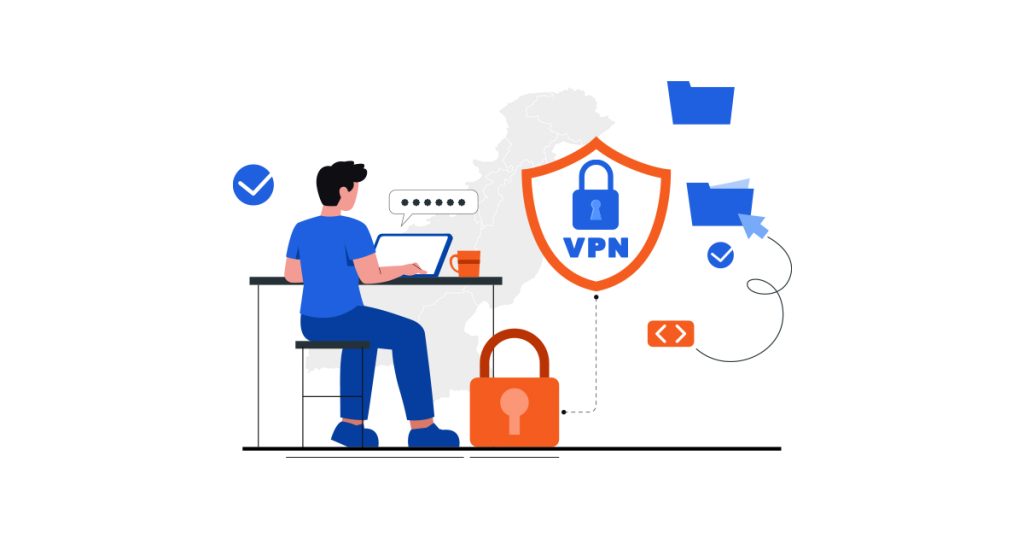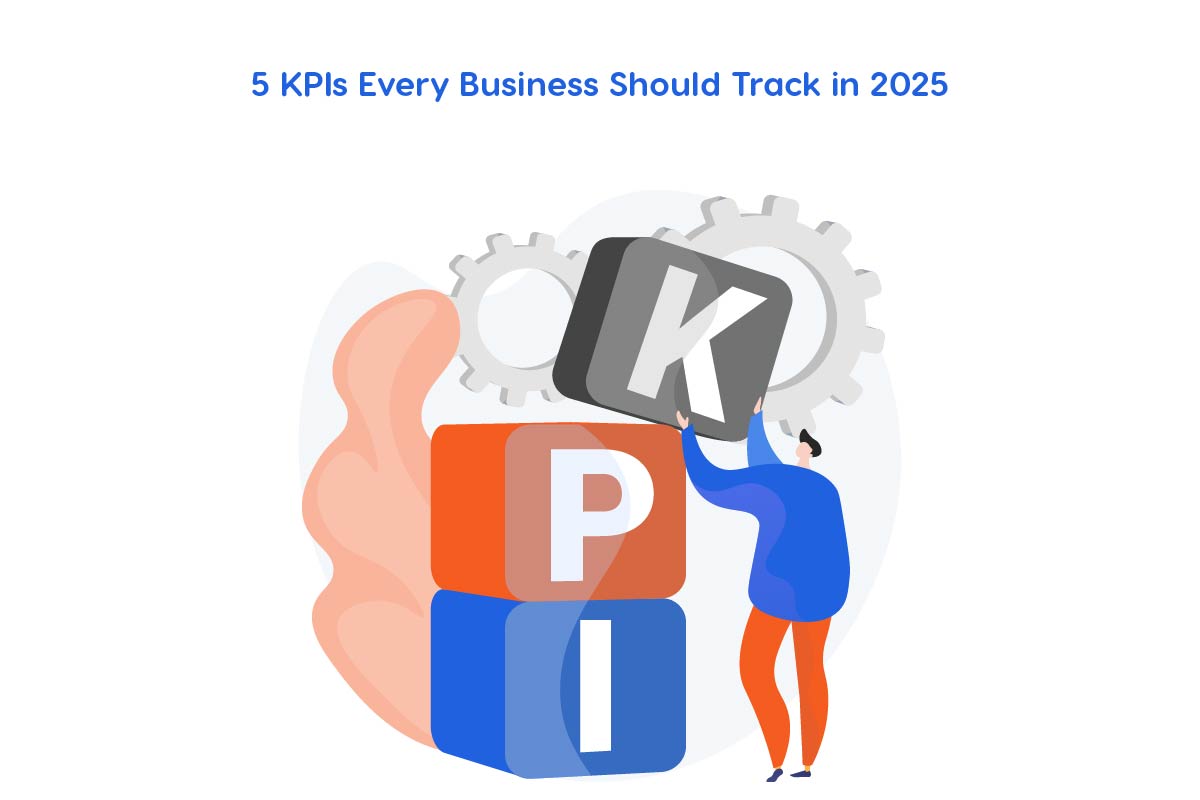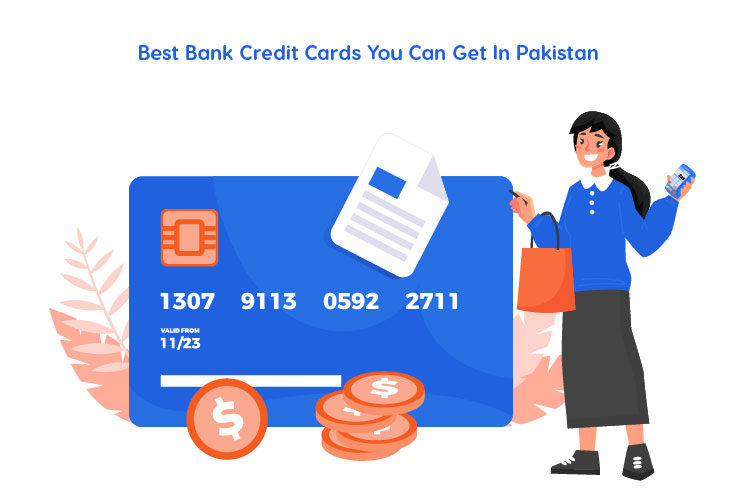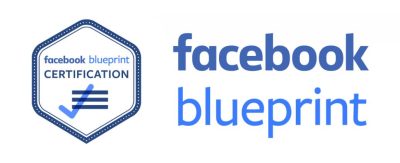Pakistan’s Telecommunication Authority (PTA) initiated a registration process for VPNs following a nationwide ban on unregistered ones. Pakistani Government claims that the ban targets militant groups but critics view it as an attempt to stifle dissent amidst online criticism of the military and the blocking of platforms like X. VPNs are commonly used by remote workers to protect their internet traffic, maintain privacy, and access global platforms that might otherwise be restricted. With the PTA’s new system, freelancers can now legally register their VPNs, keeping them compliant with Pakistan’s regulatory framework. In this article, our Tashheer research team has covered all the details about Pakistan’s recent VPN ban policy and the PTA’s introduction of an exclusive VPN registration category for freelancers.

Looking to register your mobile with PTA? Check out this step-by-step guide for smooth registration.
VPN Ban: Government vs. Critics
Media’s recent reports suggest that the slowdown in internet speeds across Pakistan may be due to the government’s installation of a national firewall. This firewall was set up as the Pakistani military faced heavy online criticism for its involvement in keeping former PM Imran Khan in jail and cracking down on his party, Pakistan Tehreek-e-Insaf. Although the military denies interfering in politics, it has recently started referring to online critics by using the term “digital terrorists.” In response, VPN use has increased in Pakistan as people try to access X (formerly Twitter) which has been blocked since February as well as other websites. Authorities also claim that VPNs are being used to bypass restrictions on adult content.
Benefits of VPNs for Freelancers
Using a Virtual Private Network (VPN) can offer several benefits for freelancers, especially in an increasingly digital and remote working environment.
| Enhanced Privacy and Security | VPNs encrypt your internet traffic making it difficult for hackers or third parties to intercept sensitive information like login credentials or client data. Freelancers often work in coffee shops, co-working spaces or while traveling. A VPN protects against risks associated with public Wi-Fi networks. |
| Access to Geo-Restricted Content | Freelancers working with international clients may need access to websites, tools or platforms that are restricted in their region. A VPN allows access by routing your connection through servers in supported locations. |
| Maintaining Client Trust | Using a VPN to secure communications and data helps freelancers comply with privacy requirements and maintain client trust. Freelancers handling sensitive client information demonstrate professionalism by adopting security measures like VPNs. |
| Avoiding Censorship and Bandwidth Throttling | In countries with restrictive internet policies, freelancers can use VPNs to maintain access to essential tools and platforms. Some ISPs throttle bandwidth based on certain types of traffic (like video calls or large file uploads). A VPN can bypass this throttling. |
| Secure File Sharing and Remote Work | Sharing large files with clients securely is easier with a VPN, protecting against data breaches. Investing in a VPN can be a cost-effective alternative to more expensive cybersecurity measures. |
What’s behind PTA’s nationwide VPN block in Pakistan? Read more to stay informed.
Who Can Register for VPNs?
PTA said it had streamlined the VPN registration process for organizations and freelancers. Entities such as call centers, banks, embassies, software houses and freelancers can now register their VPNs online through the PTA’s official website. The registration process is divided into four distinct categories: companies, freelancers, call centers and video conferencing. PTA recently stated, “So far, over 20,000 companies and freelancers have successfully registered their VPNs using this easy process.
Steps for Freelancers to Register Their VPN
According to PTA, the registration process involves completing an online form and providing basic details including the national identity card number, company registration details and taxpayer status. Freelancers must also submit proof of their association with a project or company such as a letter or email confirmation. PTA says that to register, freelancers need to fill out an online form and provide basic information like their national identity card number, company registration details and taxpayer status. They also have to submit proof of their work with a project or company such as a letter or email confirmation.
Proof of Work and IP Address Requirements
Applicants will also need to provide an IP address for a VPN connection. A fixed IP address can be obtained from your internet service provider. After the interior ministry circulated a letter calling for a VPN ban, the Council of Islamic Ideology which ensures laws follow Islamic principles, stated that using VPNs is “un-Islamic” in a statement released the same day. The Chairman of the council, Raghib Hussain Naeemi said, “From an Islamic point of view, the government and the state have the right to stop all actions that lead to harm or make it easier. So, steps to block or limit access to harmful and offensive content including banning VPNs, are in line with Shariah law.”
VPN Approval Process and Timing
Once the application is submitted, the PTA reviews all the details and grants approval. Approval is free and usually takes 8 to 10 hours. This quick turnaround ensures minimal delays for freelancers and IT professionals needing access to secure VPNs. After approval, the registered VPN can be used legally within Pakistan. This enables freelancers and businesses to work securely and stay compliant with regulations.
What’s the PTA’s warning to Wikipedia about “blasphemous content”? Get the full details here.
Final Notice
PTA’s new VPN registration system is a big help for freelancers in Pakistan. With stricter internet controls and a national firewall, this system lets freelancers legally use VPNs to access important online tools while staying secure and following the rules. The easy registration process and quick approvals mean freelancers can work without delays, enjoy better privacy and safely access global platforms. This move supports freelancers and entrepreneurs by ensuring they can work freely and securely, even with the country’s increasing internet restrictions.





